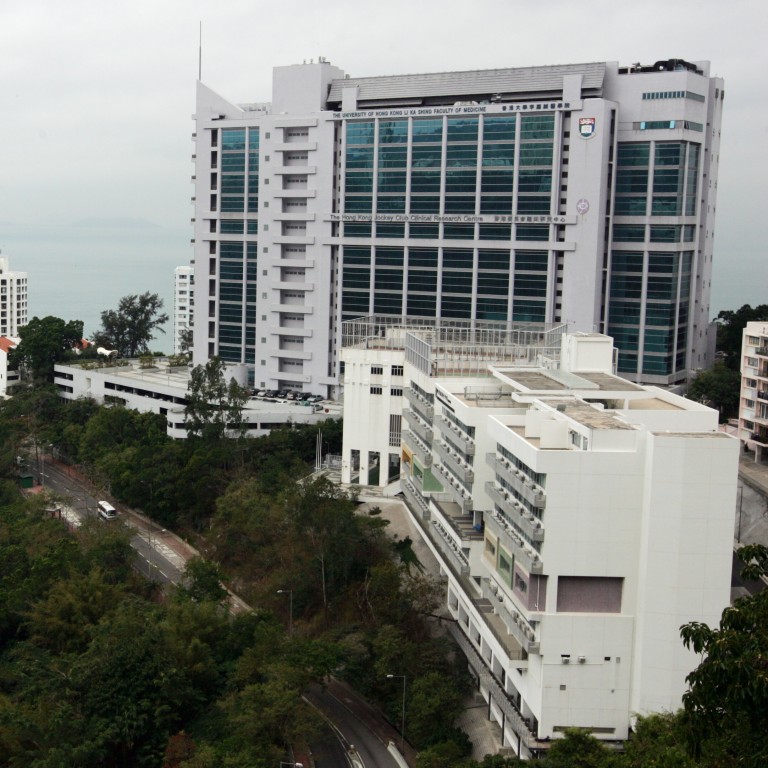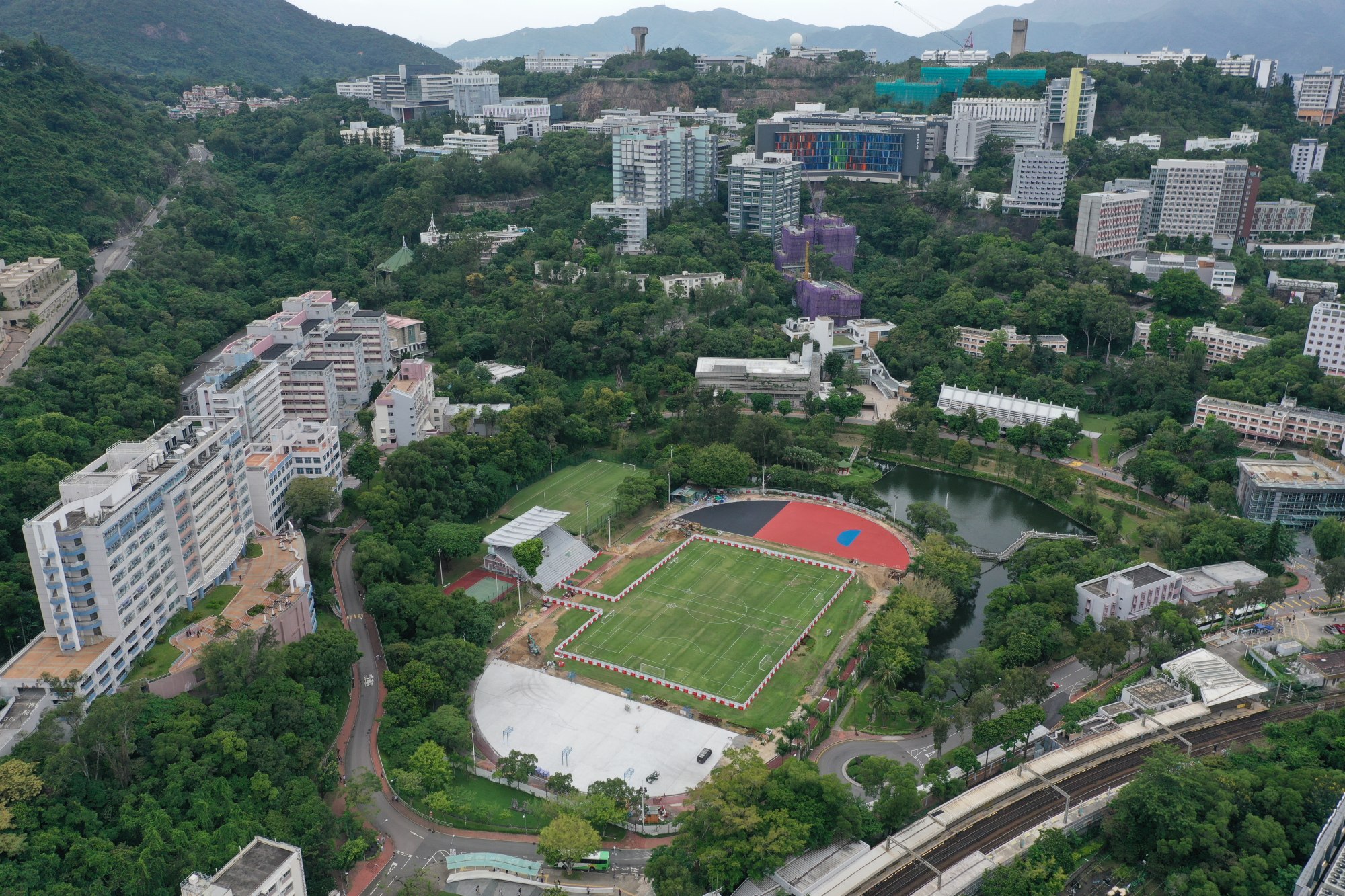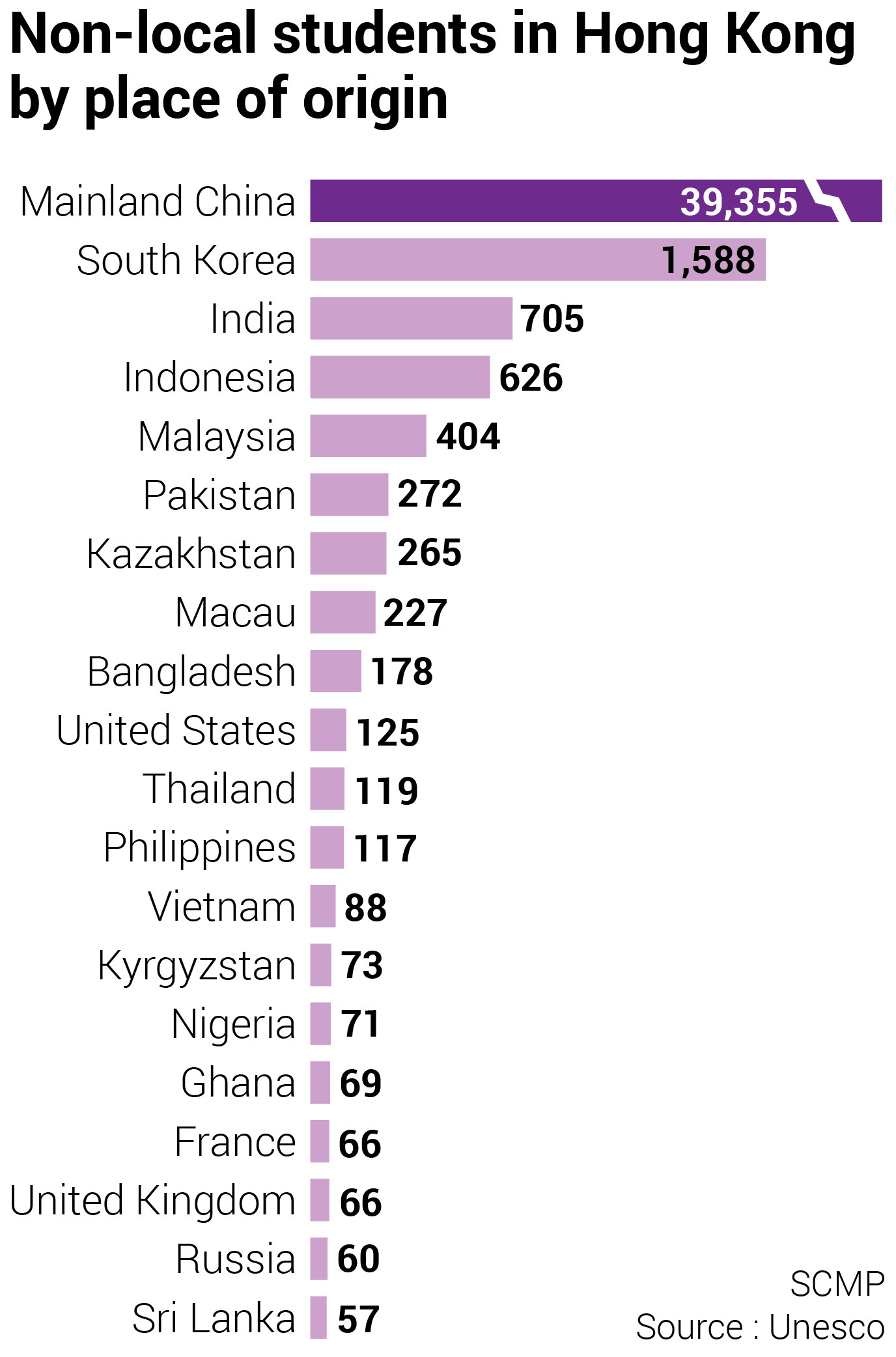
Hong Kong’s public universities ‘to launch HK$10 million campaign to attract students from belt and road countries’
- Post learns university leaders have been inviting marketing firms to promote tertiary institutions under two-year drive
- Campaign expected to increase non-local students from South Korea, Malaysia and Kazakhstan, with plans to explore markets such as Saudi Arabia
The Heads of Universities Committee had begun inviting marketing firms to promote the city’s universities under the two-year drive and the tender was expected to end in two months, a source revealed on Tuesday.
“About eight to nine belt and road countries are on an initial list, which were picked according to the strategic value of the countries, affordability for students and how they will complement the talent pool in Hong Kong,” the insider said.

This year marked the 10th anniversary of the belt and road plan, the central government’s initiative to link dozens of economies in Asia, Europe and Africa into a China-centred trading network.
Over the past seven years, education authorities have awarded HK$118 million through a dedicated scholarship to more than 430 students, with an annual quota of 100, from countries that are part of the trade initiative, according to data from the Education Bureau.
Bumper year for Hong Kong graduates, with more jobs and better pay on offer
The campaign is expected to increase the number of non-local students from South Korea, Malaysia and Kazakhstan, while expanding markets in Vietnam, Russia, Italy and Nigeria. Countries such as Saudi Arabia would also be explored, another insider said.
China realises small is beautiful as Belt and Road Initiative turns 10
Leaders in the tertiary education sector believed that promoting Hong Kong’s public universities was a timely endeavour, as it would build the city’s talent pool and support its development, the insider added.
Most non-local students enrolled in tertiary institutions in the city are from mainland China, with the latest data from the United Nations’ heritage body Unesco showing more than 80 per cent, or nearly 40,000, came from across the border.

The second highest number of students came from South Korea, with about 1,600 in Hong Kong, while India ranked third.
The insider said the campaign was deemed necessary as the city was late in promoting itself as an international higher education destination, compared with its main competitors such as the United States, United Kingdom, Australia and Singapore.
Japan, Malaysia and the mainland were also making aggressive efforts to attract foreign students by offering scholarships and job opportunities, he added.

The Post has reached out to Lingnan University, the convenor of the heads committee in the 2022-23 financial year, for comment.
Sources said the two-year campaign was expected to cost HK$10 million, adding the marketing firm for the promotional drive would produce a signature brand building video, conduct in-depth research and carry out activities such as roadshows in the target countries.
The dedicated scholarship that awarded a total of HK$118 million to students over the past seven years was a HK$1 billion fund launched by former chief executive Leung Chun-ying in the 2016-2017 financial year.
University of Hong Kong allows staff to use ChatGPT but students still banned
Only about 61 students, on average, were awarded the scholarship annually, falling short of its original goal of 40 per cent.
Lau Chi-pang, associate vice-president of Lingnan University, said diversifying the composition of international students by exploring untapped markets beyond one or two countries could be beneficial, adding it could help scholars in the city broaden their horizons.
He said word of mouth was the best way to promote universities and graduates sharing their opinions could make a difference in prospective students’ destination choices.
“They will tell others in their countries what Hong Kong is like, and they may just choose the city based on the recommendations of their friends,” he said.
Hong Kong universities’ drop in global rankings blamed on lack of collaboration
Chu Kwok-keung, a lawmaker representing the education constituency, said the initiative would give universities more choice when selecting students during the admission process.
“Attracting students from belt and road countries could give them more choices and some universities have expressed that they have so few choices when admitting students from overseas,” he said.
“It is mutually beneficial to the students and the countries they are coming from, if the students choose their jobs with a focus on the belt and road strategy after graduation.”


